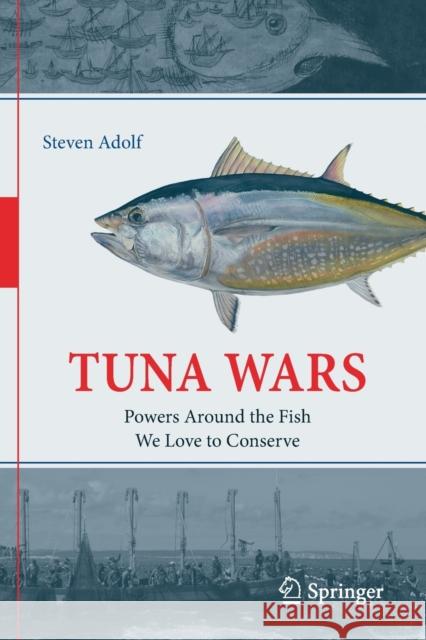Tuna Wars: Powers Around the Fish We Love to Conserve » książka
topmenu
Tuna Wars: Powers Around the Fish We Love to Conserve
ISBN-13: 9783030206437 / Angielski / Miękka / 2020 / 400 str.
Tuna Wars: Powers Around the Fish We Love to Conserve
ISBN-13: 9783030206437 / Angielski / Miękka / 2020 / 400 str.
cena promocyjna 111,07
(netto: 105,78 VAT: 5%)
222,14
Rabat: -50%
Najniższa cena z 30 dni: 173,46
(netto: 105,78 VAT: 5%)
Rabat: -50%
Najniższa cena z 30 dni: 173,46
Termin realizacji zamówienia:
22 dni roboczych
22 dni roboczych
Darmowa dostawa!
Zobacz inne książki w promocji: Wyprzedaż publikacji z zakresu nauk stosowanych
Kategorie:
Kategorie BISAC:
Wydawca:
Springer
Język:
Angielski
ISBN-13:
9783030206437
Rok wydania:
2020
Wydanie:
2019
Ilość stron:
400
Waga:
0.59 kg
Wymiary:
23.39 x 15.6 x 2.18
Oprawa:
Miękka
Wolumenów:
01
Dodatkowe informacje:
Wydanie ilustrowane











